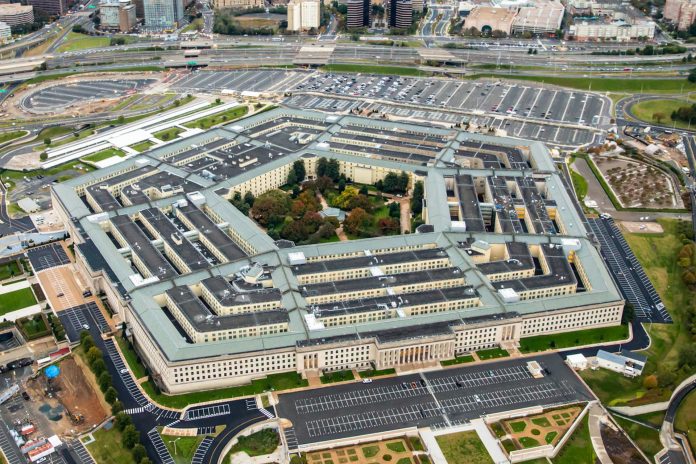President Donald J. Trump’s administration has expanded the ability of combatant commanders to use landmines in specific, exceptional incidents.
Previously, the only place that U.S. forces could employ landmines was on the Korean peninsula.
Trump made the decision to broaden the use of landmines as a result of a study commissioned by then-Defense Secretary James N. Mattis as part of the National Defense Strategy. “The National Defense Strategy talks about the return to great power competition,” said Vic Mercado, acting assistant secretary of defense for strategy, plans and capabilities. “When we look at great power competition, some things come to the fore. … We are the greatest military in the world, but that advantage is diminishing.”
Mercado spoke to Pentagon reporters after White House officials announced the change.
Those studying the policy looked at it from a variety of positions: from capability gaps, risks to mission, risks to forces, political, military, technological and diplomatic aspects. The study took about a year.
The new policy will allow combatant commanders — all four-star officers — to propose using landmines in exceptional circumstances, Mercado said. Any plan proposing the use of landmines off the Korean peninsula must be approved by the defense secretary.
The new generation of landmines also takes into account the U.S. emphasis on protecting innocent civilians. The new landmines are a significant departure from those deployed as recently as Desert Storm. These mines self-destruct or deactivate after a certain amount of time. This amount of time can be measured in hours or months. They do not stay in the ground threatening future generations.
Landmines today have the ability to self-destruct or self-deactivate to a very high degree of certainty. “The level of certainty is six in one million,” Mercado said.
This technology allows the military to have the capability to use landmines and protect civilians, Mercado said. “We can do both,” he said. “We can go back to giving our soldiers, Marines this capability, which may be decisive in a future conflict, and, at the same time, be absolutely committed to reducing and limiting civilian casualties.”
Even the simple ability to use landmines could be an advantage to U.S. forces, Mercado said. The threat of the use would cause the adversary to have to take pause and say, ‘Do I need to clear this field or not,'” he said. “That could give you that tactical and operational advantage.”
from Defense News by DefenceTalk.com https://ift.tt/36UUEwv
via Defense News

No comments: